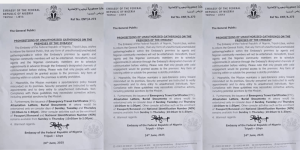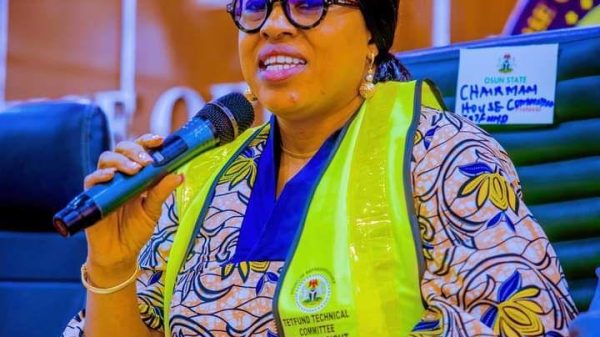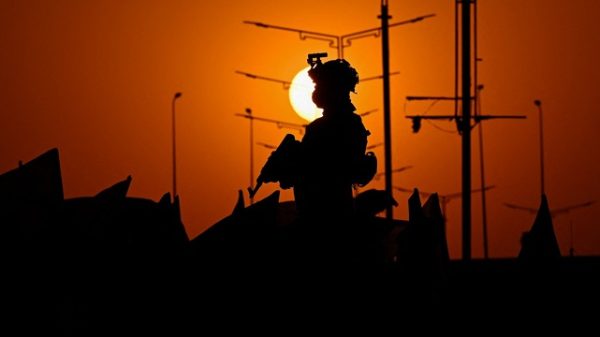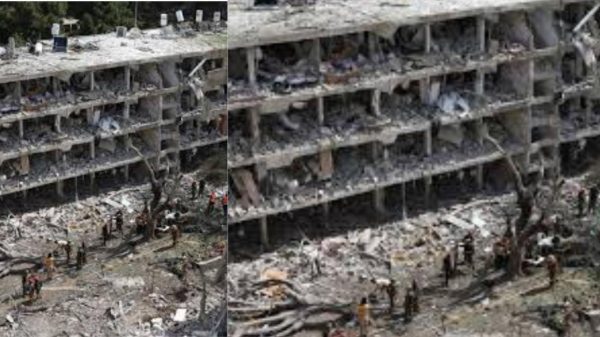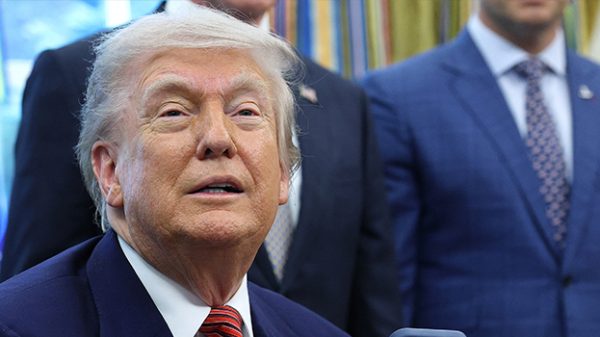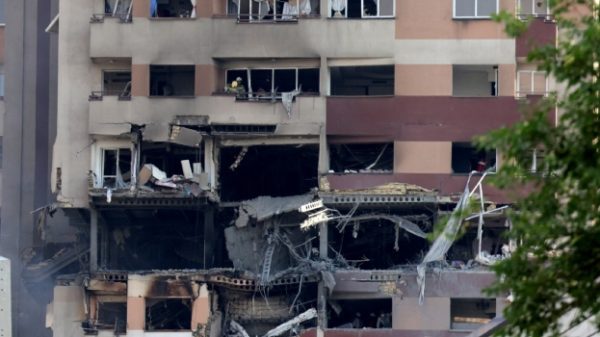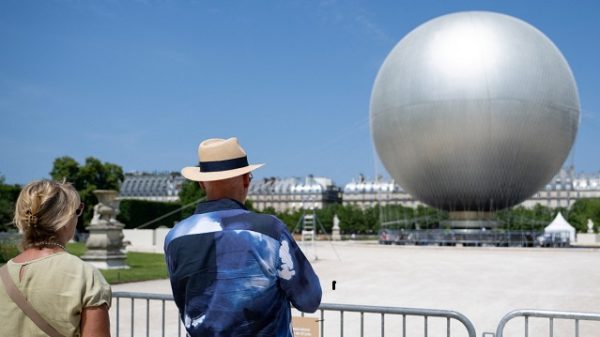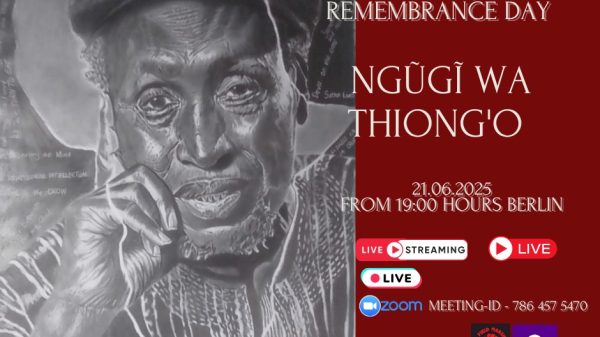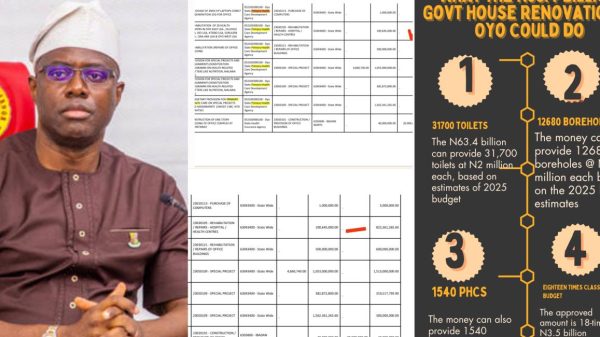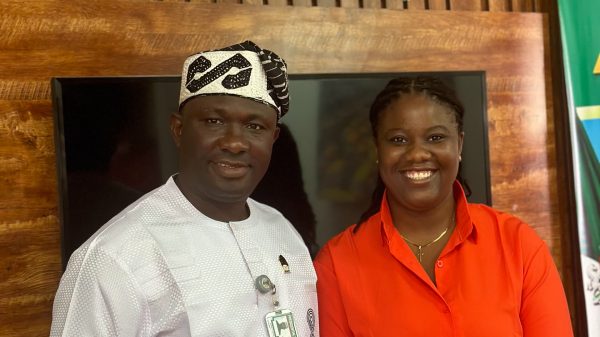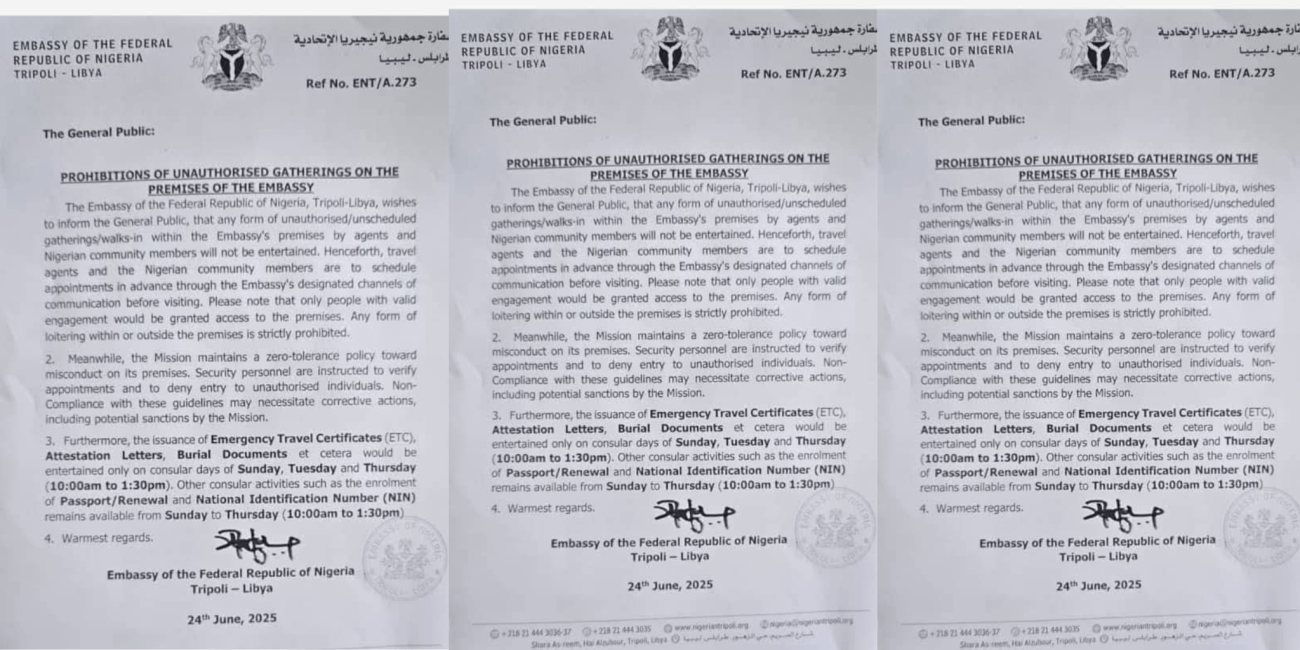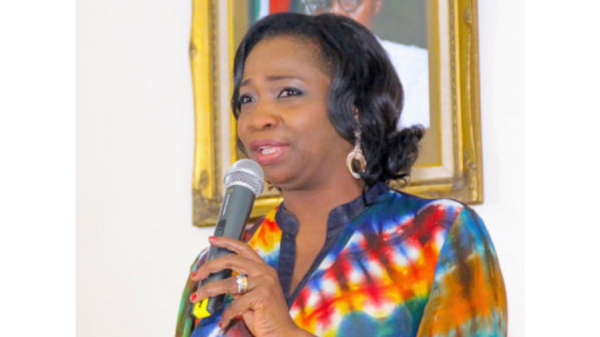In a bid to maintain order and security, the Nigerian Embassy in Tripoli, Libya, has officially banned all unauthorised visits and unscheduled gatherings within its premises. This decision affects Nigerian community members, agents, and visitors, who must now secure an appointment before accessing the consular grounds.
The directive, released in an official notice dated June 24, 2025 and titled “Prohibition of Unauthorised Gatherings on the Premises of the Embassy”, warns that all walk-ins and loitering will no longer be tolerated, while security personnel have been authorised to enforce the rules immediately.
“The Embassy of the Federal Republic of Nigeria, Tripoli-Libya, wishes to inform the General Public, that any form of unauthorised/unscheduled gatherings/walks-in within the Embassy’s premises by agents and Nigerian community members will not be entertained,” the notice stated.
The embassy added that only individuals with valid engagements—that is, pre-booked and verified appointments—will be granted access. Loitering around or within the embassy premises, the notice emphasized, is strictly prohibited.
“Please note that only people with valid engagement would be granted access to the premises. Any form of loitering within or outside the premises is strictly prohibited,” the statement continued.
The Mission further reinforced its zero-tolerance policy toward any form of misconduct, clarifying that those who fail to comply with these new measures may face “corrective actions, including potential sanctions.”
“Non-Compliance with these guidelines may necessitate corrective actions, including potential sanctions by the Mission,” the embassy warned.
This move comes in response to what embassy officials described as growing cases of disorder, with groups crowding the premises without prior bookings, disrupting consular operations, and creating avoidable tension at the diplomatic post.
In addition to the enforcement of appointment-only access, the embassy has also outlined new operational guidelines for consular services.
“Furthermore, the issuance of Emergency Travel Certificates (ETC), Attestation Letters, Burial Documents et cetera would be entertained only on consular days of Sunday, Tuesday and Thursday (10:00am to 1:30pm),” the embassy announced.
Other services such as passport enrollment, renewals, and National Identification Number (NIN) registration will now be available from Sunday through Thursday, within the same operational hours of 10:00 a.m. to 1:30 p.m.
The announcement has triggered mixed reactions among Nigerians in Libya. While some community leaders have welcomed the decision as a step toward professionalising embassy operations, others have raised concerns over possible delays in securing appointments—especially for emergency services.
Speaking anonymously, a member of the Nigerian community in Tripoli noted, “The embassy is doing the right thing, but we hope the appointment process will be fair and quick. A lot of our people come here in urgent need, and delays could cause hardship.”
Nigerians in Libya are now advised to use official embassy communication channels to schedule appointments and avoid random visits that could result in denial of entry or disciplinary actions.
As the Nigerian government continues to review its diplomatic operations globally, this new enforcement in Libya signals a broader effort to instill discipline, security, and service efficiency in its foreign missions.
